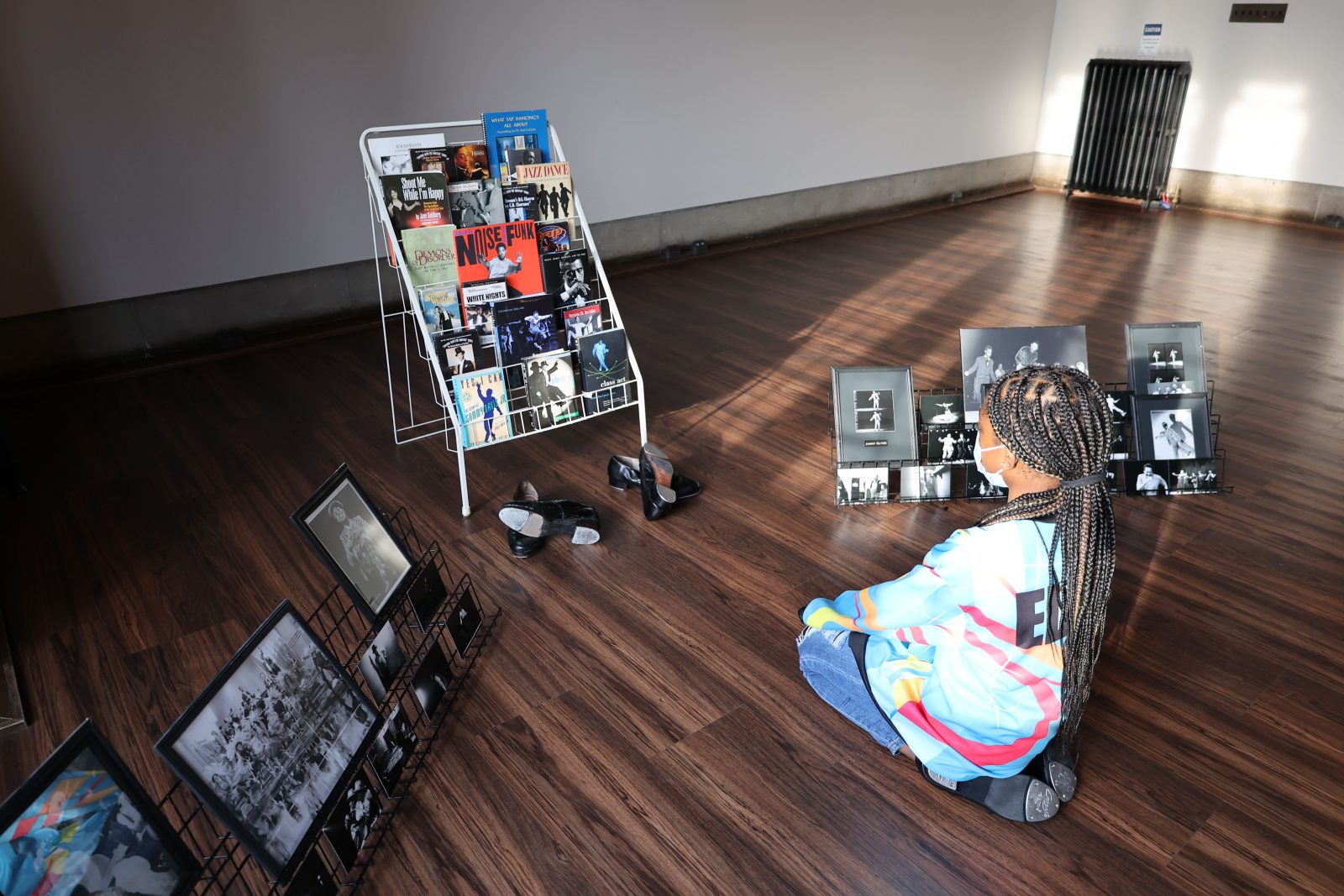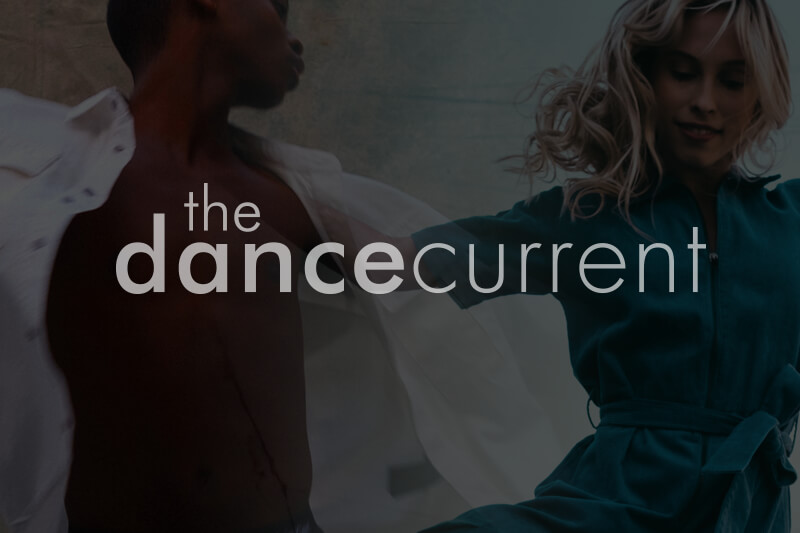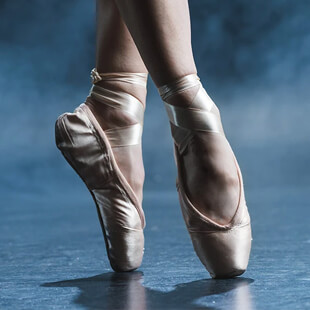This article is published through our Regional Reporter Program. We acknowledge the support of the Canada Council for the Arts through the Digital Now initiative.
***
A mini-documentary on dance Immersion’s new dance symposium series will be released online this month.
The documentary follows the participants of the Toronto organization’s first annual Legacy Series program that focuses on educating dancers on the history and cultural context of dance forms from the African diaspora.
The symposium, hosted in December by acclaimed Canadian tap dancers Travis Knights and Lisa La Touche, dove into the roots of tap dance with Black dancers of all ages.
“We want to offer an open door to this next generation of dancers of colour here in Canada, just to say that the people that look like them are the ones that pioneered the art form,” said La Touche.
She also said that working with participants to decolonize their perspectives on tap dance was an eye-opening experience for those who were new to the history and the resilience that the dance form emerged from.
Timea Wharton-Suri, program curator and director for dance Immersion, said the program originated after she began thinking about how popular Black dance forms have been appropriated. She wanted to find the best way to unpack those histories.
In collaboration with Knights, the organization incorporated as many traditional aspects of tap dance as possible, including live jazz music, talks with industry professionals, access to historical materials and a jam session – an integral part of tap dance culture.
“It’s looking at not just what the form was and what it is right now, but what it could be,” said Wharton-Suri
Over the three-day symposium, Wharton-Suri invited Laurie Townshend, an educator and filmmaker, to document the event to share the feedback from participants with other dance educators and organizations across Canada.
“It’s just about the way the students are interacting with the musicians and the teachers,” said Wharton-Suri. “There’s so much to be gained from that in person when it’s safe to do so, and we think that it’s something that could really be done across the country in different ways.”
The significance of learning dance forms within their original cultural contexts is a conversation that’s been had for many years within dance communities, and the mini-documentary aims to highlight the benefit of centring those contexts in dance education.
Incorporating context and history into dance education can ultimately shape better, more informed dancers and educators, said Suzan Richards, owner of The Cultural Arts Studio in Ottawa. The studio offers training in Afro-Caribbean dance.
Richards said that even while classes are held virtually due to the pandemic, she continues prioritizing history – from the slave trade to the importance of why particular head wraps and outfits are worn – because it gives a deeper understanding of the present.
“It’s important for all dance forms to talk about the history and the whys and not just do it,” she said. “I’m not only talking about what people would consider ethnic dance or multicultural dance. I’m talking all dance forms; there’s more than just the movement.”
She adds that it’s a great opportunity to invite non-Black dancers to develop an appreciation for the roots of Black dance forms that have long been misconstrued.
Next season, the dance symposium part of the Legacy Series will focus on unpacking the jazz dance form.
Dance Media Group strengthens the dance sector through dialogue. Can you help us sustain national, accessible dance coverage? Your contribution supports writers, illustrators, photographers and dancers as they tell their own stories. Dance Media Group is a charitable non-profit organization publishing The Dance Current in print and online.

Tagged: Ontario






